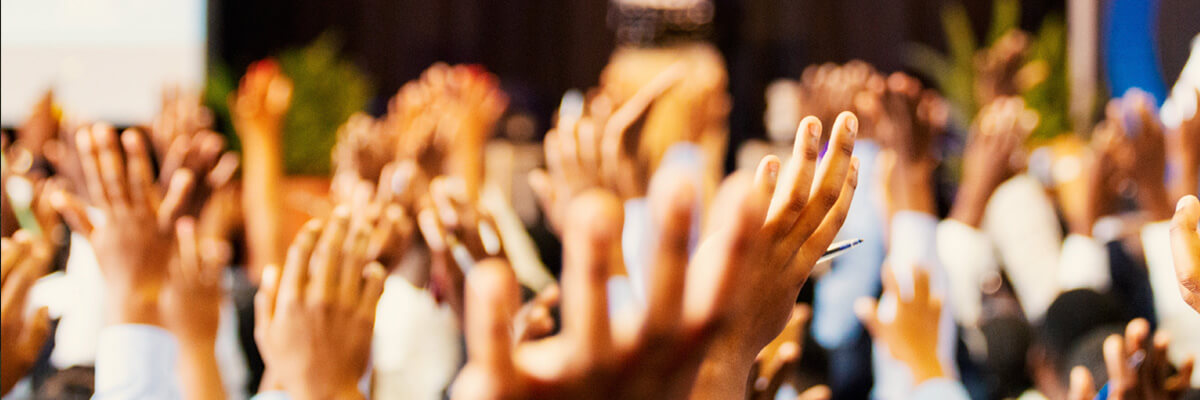Before we know it, we’ll be starting the Christmas celebrations. That is why I would like to start by commenting on some details of civility that are always worth remembering.
What is Civility?
Civility refers to what we know as good manners. A series of acts that have been taught to us since we were children. Observation and good intuition also help us to behave correctly in our relationship with others.
Protocol professionals are often asked how to behave, for example, at the table. And we always explain that there is no written rule, but that our tradition has been establishing as valid certain attitudes that today we consider appropriate. Since childhood, we have been insisted on drying ourselves with a napkin before drinking from a glass, for example. And it is these small acts that we are incorporating into our routine.
The truth is that we know the right way to set the table or serve the dishes. But there are personal attitudes that are not written in any manual, and that will always define us as an educated person, because let’s not forget that it is at the table where it is best appreciated.
If we have dinner at a friend’s house, for example, we relax much more than if we are invited by our boss. But not because we are relaxed should never forget that the host, or hostess, marks the beginning and end of the meal.
Some basic steps of Civility
- So, when we go to sit around the table:
- We should wait for them to tell us which seat to take.
- Unfold the napkin on our lap and wait until everyone is served
- Wait for the host to start eating. That’s when dinner starts, and then we can start eating.
By the same rule of three:
- We shouldn’t leave the table (unless we offer to pick up the dishes) until the host or the hostess does.
At that point we will bring the dinner for a close.
If you wish to know more about Civility and Protocol, you can contact us without obligation.

